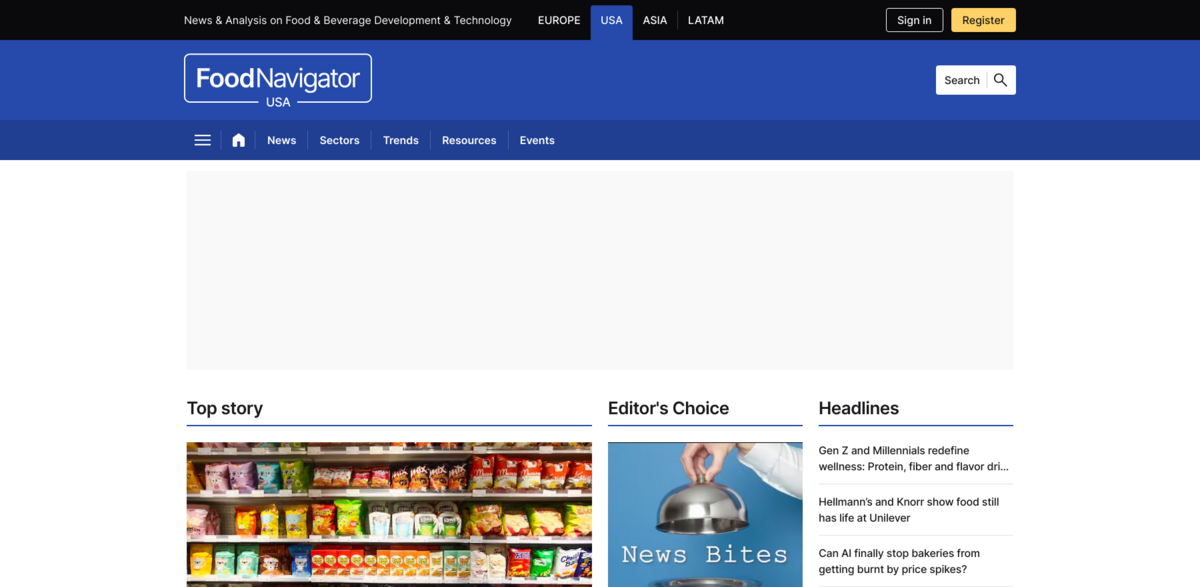Supreme Court Case on Tariffs and US Trade Policy
The Supreme Court is currently hearing a landmark case that could reshape how tariffs are imposed in the United States. At the heart of the matter is whether the president has the authority to unilaterally impose tariffs under the International Emergency Economic Powers Act (IEEPA), especially when citing national security concerns. This case challenges the Trump administration’s emergency tariff powers, with small businesses and major organizations alike warning about the toll these tariffs are taking on the economy. The court’s decision, expected in the coming weeks or months, could redefine the balance of power between the executive branch and Congress when it comes to trade policy.
Main Benefits and Key Facts of the Case
Here’s a quick rundown of the key points and figures that highlight why this case matters so much:
- The tariffs are justified by the administration as necessary to address trade imbalances and threats like fentanyl and opioid influxes.
- Business groups like the US Chamber of Commerce and National Retail Federation argue these tariffs hurt both businesses and consumers.
- The tariffs on goods from countries like Thailand have reached as high as 26%, severely impacting small specialty food brands.
- Some businesses, such as Curry Love, have had to lay off staff, halt advertising, and postpone product development due to these tariffs.
- Justices on the Supreme Court are deeply divided, questioning whether the president’s power here sidesteps Congress and disrupts the separation of powers.
Business Community’s Concerns Over Tariffs
Business leaders are sounding the alarm. The US Chamber of Commerce warned that giving the president unchecked power to impose tariffs “transcends administrations and the politics of the moment.” They fear future presidents could use this authority to impose tariffs based on their own agendas, without Congressional oversight. The National Retail Federation echoed these concerns, pointing out how the on-again, off-again nature of tariffs has made business planning “extremely difficult.” Retailers, both big and small, are feeling the pinch as tariffs paid by importers trickle down to affect prices and operations.
Startups and Small Businesses Feeling the Pinch
It’s not just big corporations that are struggling. Small businesses, especially startups in the food industry, are facing existential threats. Take Curry Love, for example. This Boise-based company relies on ingredients from Thailand to make its organic curries. But with tariffs hitting 26%, their already slim margins have evaporated. They’ve had to lay off their sales team, suspend advertising, and delay new product launches. The company warns that without a change, they might have to close shop by year’s end. Their story is a stark reminder of how tariffs can hit the little guys hardest, squeezing them out of the market.
Separation of Powers Under the Microscope
The Supreme Court justices are grappling with a fundamental constitutional question: does IEEPA give the president too much power? Justice Neil Gorsuch voiced concerns about handing over such authority, noting that once Congress gives this power away, it’s practically impossible to get it back. This raises fears of an executive branch that might never want to relinquish such sweeping control. The case is testing the limits of presidential power and the role of Congress in regulating foreign commerce.
Project Impact on Sustainable Development Goals (SDGs)
- SDG 8: Decent Work and Economic Growth – by addressing the impact of tariffs on businesses and jobs.
- SDG 9: Industry, Innovation, and Infrastructure – through the challenges faced by startups and small manufacturers.
- SDG 16: Peace, Justice, and Strong Institutions – by examining the balance of power between branches of government.
- SDG 17: Partnerships for the Goals – highlighting the role of business groups and government in shaping trade policy.
Tariffs as Taxes: A Heated Legal Debate
One of the most contentious points in the case is whether tariffs are essentially taxes. The administration argues tariffs are not taxes but tools to protect national security and boost the economy. President Trump himself called the case “life or death” for the country, emphasizing the economic security tariffs provide. But Justice Sonia Sotomayor and former Solicitor General Neal Katyal strongly disagreed, calling tariffs a form of taxation that only Congress can authorize. Katyal described the tariffs as “one of the largest tax increases in our lifetimes,” imposed without Congressional approval. This debate goes to the core of constitutional powers and the role of taxation in governance.


















